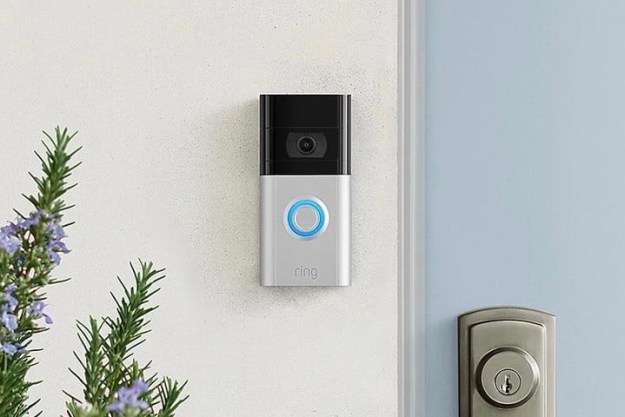Comcast is looking to take control of your smart home. The company is reportedly testing a new system for broadband-only customers that will allow them to use their TVs as a central control system for everything from connected light bulbs to security cameras, according to NBC.
The new system will use the same hardware and software that powers the company’s X1 video service, allowing those with internet-only Comcast subscriptions to get more functionality than ever before available.
It will reportedly also allow viewers to stream video services like Amazon Prime Video, Netflix, and Hulu, though, according to a report from CNET, the company isn’t really looking to take aim at industry-leading streaming box makers like Roku. Instead, it appears Comcast is looking toward even bigger companies like Amazon and Google, both of which have made a huge push into the smart home space in recent years.
The new Comcast streaming hub service could, surprise surprise, cost subscribers an extra fee, but there’s no word on exactly what that will be or how the new service will be rolled out to customers.
This isn’t the first time we’ve heard smart home rumblings from Comcast.
“There’s lots of opportunities now that this hub exists to introduce IoT (Internet of Things) in new and unique ways to the mass market,” Xfinity Home and Comcast general manager and senior vice president Daniel Herscovici told us in January, around the time of the last CES conference in Las Vegas.
Using a TV as the center of one’s smart home makes sense, and the fact that most Comcast subscribers already have Comcast-licensed hardware in their home means that the service could have a fairly large user base at its outset. Competitors like Amazon and Google require those looking to add smart home control to their home to purchase a small smart speaker, at the very least, to get similar functionality.
It’s hard to imagine this initiative could be a huge failure for Comcast. The internet and cable giant already has a healthy list of smart home manufacturers listed as partners, including Nest, Philips Hue, Tile, Zen, GE, Carrier, Chamberlain, Ecobee, and Singled.
Editors' Recommendations
- SimpliSafe is now using AI to prevent burglars from entering your home
- How to convert your window blinds into smart blinds
- You Asked: home theater setup challenges, in-home TV calibration, and is Sony abandoning OLED
- Echo Hub vs. Echo Show 8: Which is the best option for your smart home?
- Do Arlo Essential cameras require the Arlo Smart Hub?




